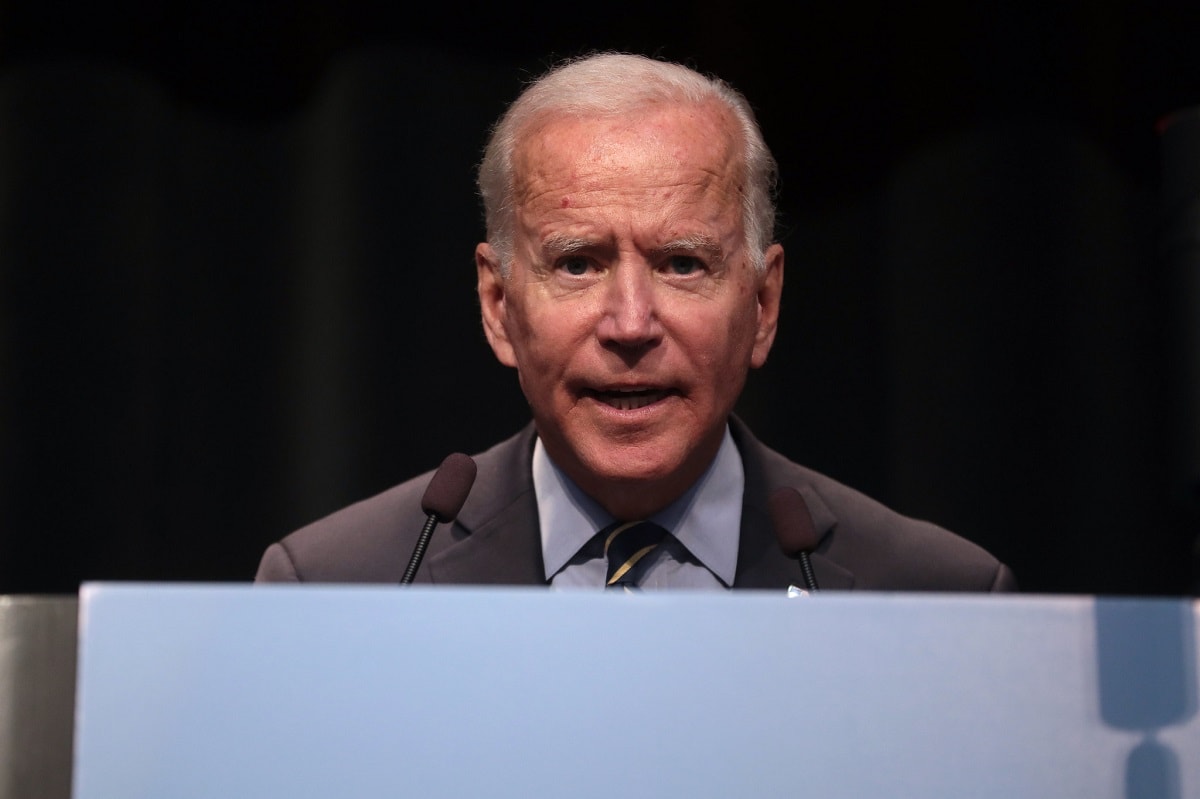Under questioning from the House Foreign Affairs Committee, Secretary of State Antony Blinken said the United States would “reassess” its ties with Pakistan given the new situation in Afghanistan. Pakistani Prime Minister Imran Khan reacted with outrage to Blinken’s acknowledgement that many Pakistani interests appeared in conflict with America’s. Khan also used his United Nations General Assembly address to slam the United States. Khan’s defiant tone rather than a desire for reconciliation suggests the worst is yet to come in bilateral U.S.-Pakistan relations.
The elephant in the room is Pakistan’s support for terrorism. While Pakistan’s founding fathers envisioned Pakistan as a land for Muslims, they also sought a more moderate, tolerant state. In Pakistan’s first decades, for example, the country marked Hindu and Christian holidays as well as Islamic ones. The turning point was the secession of Bangladesh after years of ethnic grievance and unrest. Facing the loss of half Pakistan’s territory, Pakistan’s Inter-Services Intelligence (ISI) agency and much of the military leadership concluded that Islamic radicalism could be the glue to hold the country together and give it a single identity overriding ethnic divisions. Pakistanis who came of age after 1971 would not recognize the country in which their parents grew up.
While Pakistani authorities promoted an increasingly intolerant form of Islamism at home, they also threw themselves full force into leveraging extremism abroad as a tool of foreign policy. Initially, this meant sponsoring extreme Islamist groups in Kashmir. The ISI took advantage of Pakistan’s lynchpin status after the Soviet invasion to ensure that Western and Arab money and arms went exclusively to religious conservatives in Afghanistan, essentially leaving without oxygen more liberal nationalist groups.
The terrorist groups the ISI created and/or protected have expanded over time and they have not killed only Indians in regions Pakistan disputes. Pakistan and the ISI were complicit in the 2008 Mumbai attacks that claimed American victims as well. Al Qaeda founder Usama Bin Laden lived for years in Abbottabad, Pakistan’s equivalent of West Point, while under ISI protection.
With the Taliban victory in Afghanistan, Pakistani authorities have concluded simply that terrorism works. Now, the ISI is upping its game in a way that directly infringes on security in the United States. While flaws exist, the big picture remains that India is a multi-ethnic, multi-religious democracy. Not content to sponsor terror in Kashmir, the ISI now appears to seek to encourage separatism among Sikhs in Punjab. As part of this strategy, the ISI appears to be also both encouraging and sponsoring so-called Khalistani separatism. Here, they are sponsoring extremism inside not only India but also attempting to do so among the Sikh diaspora in the United States. Indeed, many of the Sikh diaspora groups they sponsor continue to have websites managed in Pakistan.
This is a very dangerous turn, one which Amb. Husain Haqqani and Dr. Aparna Pande at the Hudson Institute have sought to tackle in a study group in which I was fortunate also to be a member. Recently, the Hudson group issued a report entitled, “Pakistan’s Destabilization Playbook: Khalistan Separatist Activism within the US,” the entirety of which is worth reading.
By pursuing Khalistani separatism, Pakistan miscalculates. Few Americans remember that what caused the United States to severe ties with Iran was not the 1979 hostage crisis but rather the Iran’s sponsorship of terror inside the United States, including an assassination in Bethesda, Maryland. When relations break, disputes ossify. While there is little evidence that the Sikh diaspora is sympathetic to the arguments put forward by Pakistani front groups, ensnaring a single American in pursuit of terror will provide grounds for a break that Washington and Islamabad have avoided over decades of tension. Pakistani leaders may believe they are sophisticated and furthering broad Pakistani interests, but they are undermining any future for bilateral ties.
The danger in both South Asia and in the United States is huge, especially if Kashmiri groups—which have already targeted and killed Americans—work in tandem with Khalistani groups. Washington increasingly views Pakistan as a vassal of China and so if Khalistani groups stage attacks in India—analysts and diplomats can rightly conclude Pakistan is using terrorism to undermine the Quad. That China and Russia endorse Pakistan’s Khalistani front groups increase the danger of a Pakistani miscalculation having broader diplomatic ramifications. Happily, there is no evidence that the Khalistani movement has any support in Punjab or the United States, but the notion of violence conducted in their name will delegitimize valid communal demands. Many Sikhs rightly note that Pakistan repressed and expelled Sikhs and so Pakistani advocacy for Sikhs ring hollow.
Too often, American policy is reactive. This both undermines American effectiveness and creates problems Washington could have, with foresight, avoided. It is now time for both Democrats and Republicans in Washington—and friends of Pakistan across the aisle—to tell Pakistan in no uncertain terms: Using the ISI to foment Khalistani terrorism is a tactic they can ill-afford.
Now a 1945 Contributing Editor, Michael Rubin is a Senior Fellow at the American Enterprise Institute (AEI).

